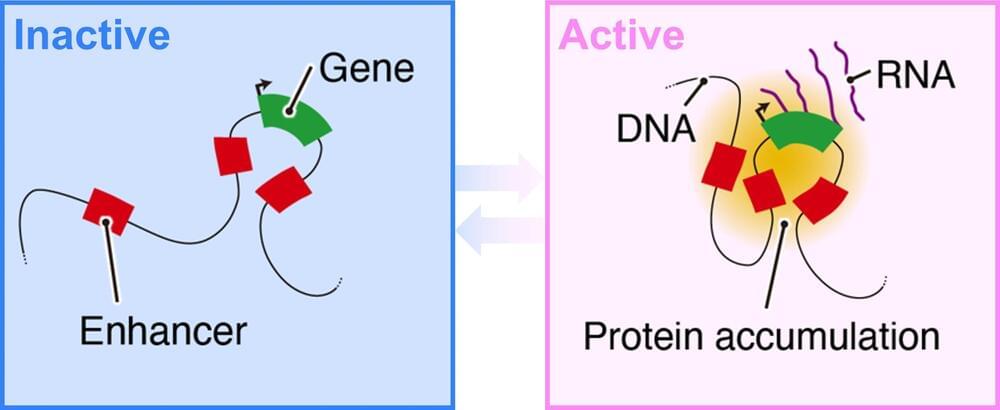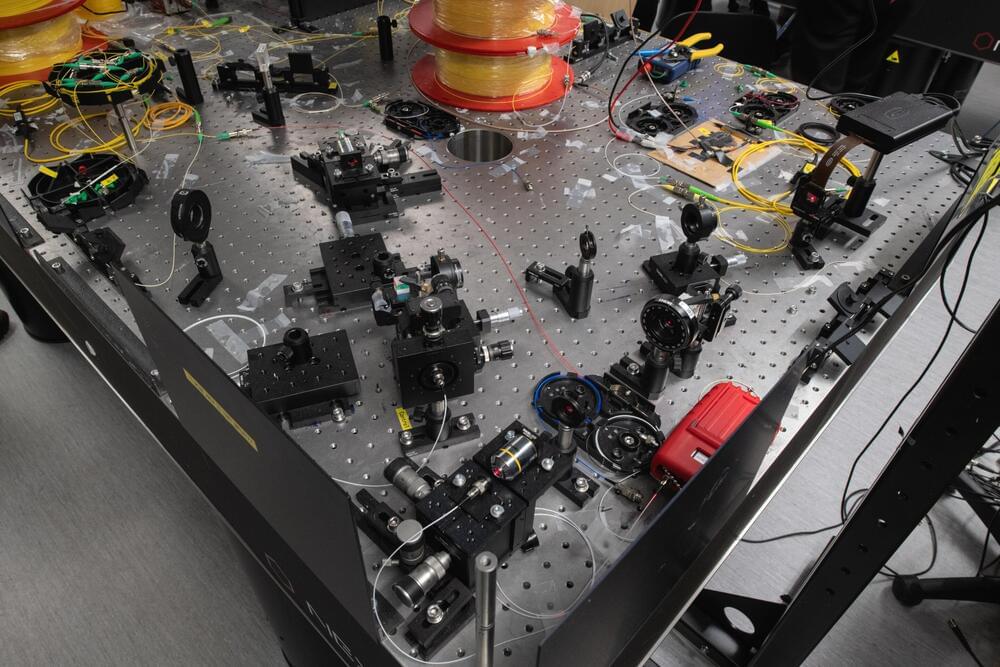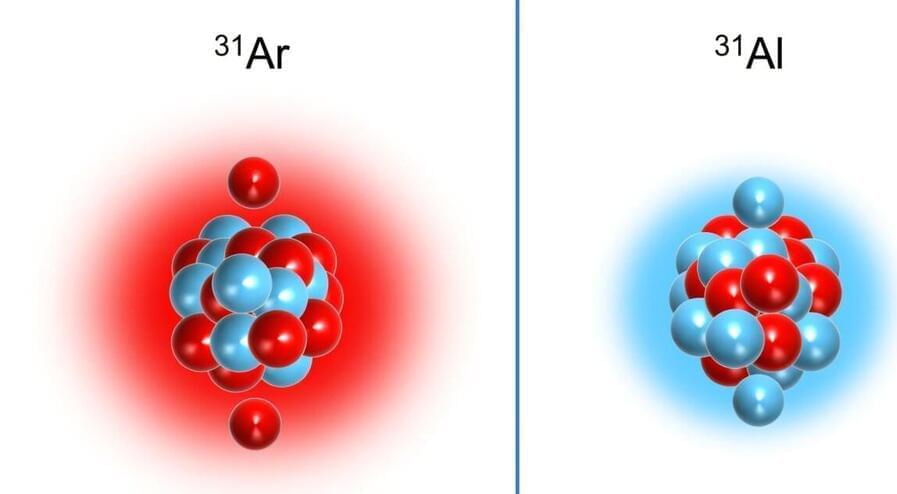Discover the groundbreaking insights into gravitational lensing and black holes, unraveling elegant mathematics and revealing cosmic mysteries.



Envision a settlement where the sunlight that beams across Australia buoy on its vast outback powers millions of homes and industries across Southeast Asia. This is how the Australia-Asia PowerLink (AAPowerLink) is being realized: the longest sub-sea cable in the world, linking northern Australia to Singapore, presently is one of the all-time break-through renewable energy developments. By virtue of this mammoth solar farm with its advanced energy transmission technology, this ambitious vision will shape the future energy systems around the world while addressing some critical climate issues.
Taking enormous advantage from its plentiful sunlight, northern Australia houses the world’s biggest Solar Precinct in its Northern Territory gathering between 17–20 GW peak electricity, a size surpassing that of Australia’s largest coal-fired power station.
The project incorporates advanced storage of 36–42 GWh, supplying 800 MW to Darwin and 1.75 GW to Singapore. In addition to reducing emissions and electricity prices for the Darwin region, it creates a renewable energy export marketplace for the region and demonstrates the use of the solar-rich area to meet 15 percent of Singapore’s electricity demand.




Despite technological advances like electronic health records (EHRs) and dictation tools, the administrative load on healthcare providers has only grown, often overshadowing the time and energy dedicated to direct patient care. This escalation in clerical tasks is a major contributor to physician burnout and dissatisfaction, affecting not only the well-being of providers but also the quality of care they deliver.
During consultations, the focus on documentation can detract from meaningful patient interactions, resulting in fragmented, rushed, and sometimes impersonal communication. The need for a solution that both streamlines documentation and restores the patient-centred nature of healthcare has never been more pressing. This is where AI-powered medical scribes come into play, offering a promising path from traditional dictation to fully automated, integrated documentation support.
AI medical scribe software utilises advanced artificial intelligence and machine learning to transcribe, in real time, entire patient-physician consultations without the need for traditional audio recordings. Leveraging sophisticated speech recognition and natural-language processing (NLP) algorithms, AI scribes are capable of interpreting and processing complex medical conversations with impressive accuracy. These systems can intelligently filter out non-essential dialogue, such as greetings and small talk, to create a streamlined and detailed clinical note.

Researchers at Kyushu University have revealed how spatial distance between specific regions of DNA is linked to bursts of gene activity. Using advanced cell imaging techniques and computer modeling, the researchers showed that the folding and movement of DNA, as well as the accumulation of certain proteins, changes depending on whether a gene is active or inactive.
The study, published on December 6 in Science Advances, sheds insight into the complicated world of gene expression and could lead to new therapeutic techniques for diseases caused by improper regulation of gene expression.
Gene expression is a fundamental process that occurs within cells, with two main phases: transcription, where DNA is copied into RNA, and translation, where the RNA is used to make proteins. For each cell to carry out its specific functions in the body, or to respond to changing conditions, the right amount of a protein must be produced at the right time, meaning genes must be carefully switched on and off.

Researchers from Linköping University together with colleagues from Poland and Chile have confirmed a theory that proposes a connection between the complementarity principle and entropic uncertainty. Their study is published in the journal Science Advances.
“Our results have no clear or direct application right now. It’s basic research that lays the foundation for future technologies in quantum information and quantum computers. There’s enormous potential for completely new discoveries in many different research fields,” says Guilherme B Xavier, researcher in quantum communication at Linköping University, Sweden.
But to understand what the researchers have shown, we need to start at the beginning.

Researchers at the Institute of Modern Physics (IMP) of the Chinese Academy of Sciences, together with their collaborators, have achieved the first precise mass measurements of several exotic atomic nuclei. Using this mass data, they have determined the proton dripline for aluminum, phosphorus, sulfur, and argon elements, and proposed a new approach to uncover proton halo structures.
The results were published in Physical Review Letters on November 27.
The atomic nucleus is a quantum many-body system composed of protons and neutrons, typically exhibiting a size similar to that of neighboring nuclei. A halo is an exotic nuclear structure found in weakly bound nuclei, characterized by one or more valence nucleons that display an extended spatial distribution, resulting in a radius significantly larger than that of neighboring nuclei.